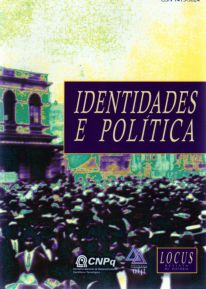In Search of a "Smiling Future": "Seductions", Identities and Fugitive Communities in Nineteenth-Century Slavocratic Rio de Janeiro
Palabras clave
- Slavery,
- Fugitive,
- Rio de Janeiro
Cómo citar
Resumen
Only recently issues conceming the production of identity and culture among slave population has drawn the attention of Brazilian scholarship on slavery. Differences between those slaves bom in the America and Africans haven't been limited to demographic and traffic policies. By examining some urban and rural contexts in the 19th century Rio de Janeiro, in which runaway slave communities created and re-elaborated distinct identity ties with wider society, is that possible to explore a broad field of analytical and historical implications of this previous model. In this essay, we aim to reflect on the processes through which captives, Africans, freemen and crioulos forged and experienced diverse identities. Theses identities were rather based on ethnic bonds, but mainly on the specific - spatial, cultural, and political - contexts in which runaway slave communities were immersed, and deeply linked to the slave world. Based on some narratives about the situation of runaways and the attraction they had upon the slave population, we will focus on the diverse meanings atributed, the language employed in some of their descriptions, and the symbols used to characterize these multiple experiences.


